why is my cat sneezing – 7 Reasons in Detail
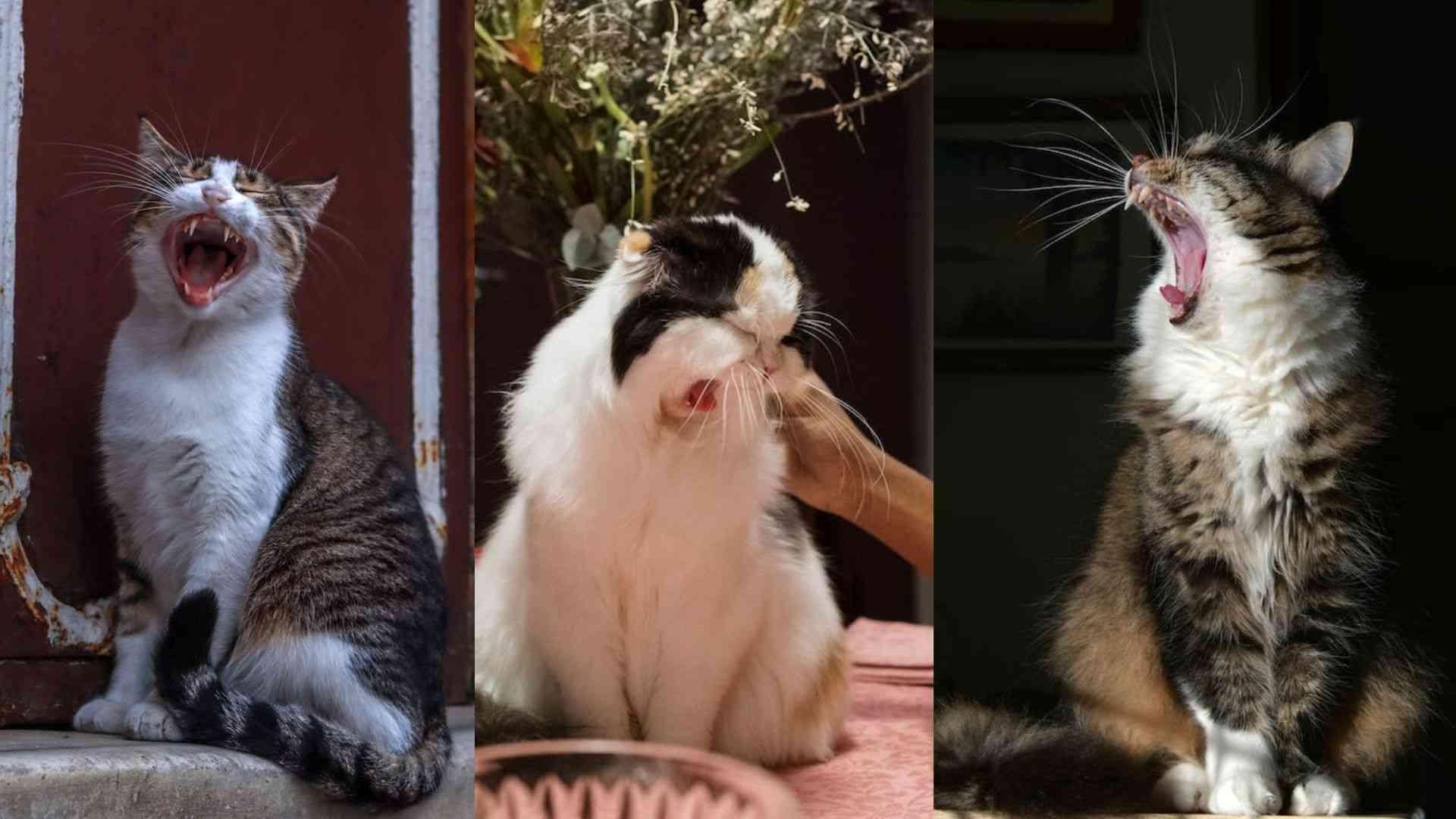
Cats are well-known for their mystery, grace, and freedom. They are great companions who provide us with joy and comfort. Still, as much as we like them, there are occasions when our furry companions show unusual behavior that makes us anxious for their safety. When our precious cats begin sneezing, this is a frequent behavior. Now you’re probably wondering why is my cat sneezing.
Sniffing in cats is common, and it can be caused by several causes, such as allergies or upper respiratory infections. While only occasionally sneezing might not raise an issue, ongoing or regular sneezing should. Understanding the many causes of your cat’s sneezing will help you determine if it’s a regular occurrence or if it requires veterinarian assistance. In this article, we will look at some of the most common causes of why is my cat sneezing as well as steps you could take to help ease the problem.
Why is my cat sneezing? – Reasons
Sneezing is a natural and biological process when it happens seldom. It’s even natural for cats to sneeze once in a while. It is, nevertheless, unusual for a cat to cough numerous times every day for a while in a row. A cat sneezing can be caused by anything from a bit of dirt creating a tickle to cancer. If your cat is merely sneezing and has no other signs, the cause is most likely minor. Some of the reasons why is my cat sneezing are listed below:
- Normal Cat Sneezing
- Allergies
- Fungal Infection
- Foreign Bodies and Irritants
- Upper Respiratory Infections
- Dental Issues
- Cancer
In the next section, we will explain why is my cat sneezing and look into every one of the reasons, as well as when to consult your veterinarian.
Normal Cat Sneezing
Before anything else, it is important to keep in mind that sniffing is natural in cats, just like it is in humans. Cats sniffle for the identical reason people do: clearing toxins from their nasal cavities. Sneezing sometimes is typical and often safe. Dust, pollen strands unpleasant odors, and sometimes the first responses towards an unfamiliar atmosphere are common causes of typical cat sneezing. It might be a reaction to a sudden weather change. While your cat is otherwise in good shape, eating well, and acting normally, there may be no need to be concerned. Although it coincides with more symptoms, it typically means absolutely nothing to be concerned about.
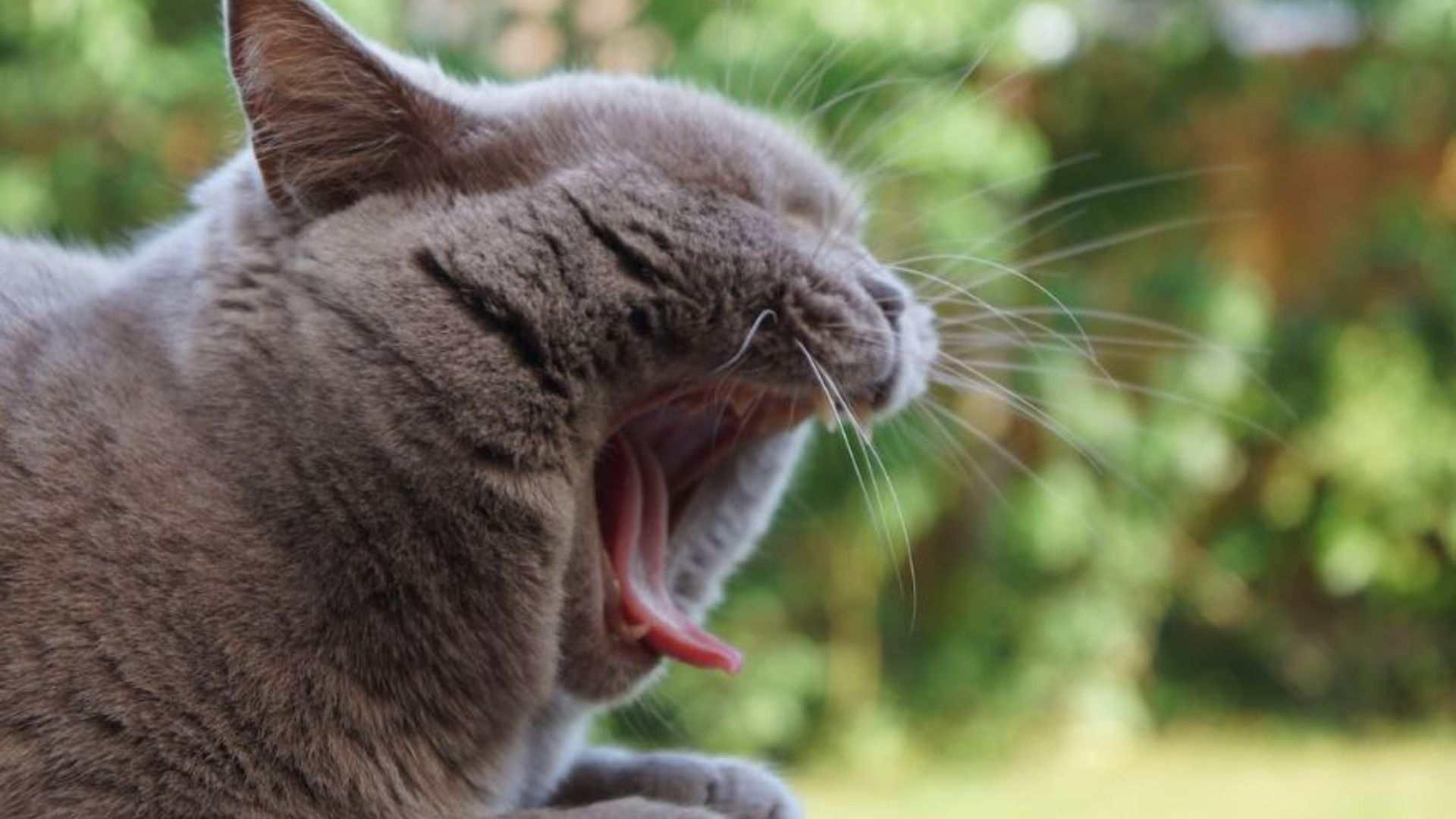
Allergies
Cats, like humans, can acquire allergies to numerous things in their surroundings. Dust, mold, pollen mites, some cleaning chemicals, and even specific foods are common allergies. When a cat comes into contact with an allergen, histamines get released by its immune system, which leads to sneezing along with other signs of allergy. Your cat might have an allergy if they’re sniffing longer than routine and display one or more of the following signs.
- Coughing
- Runny eyes
- Diarrhea
- Swollen paws
- Red skin
- Wheezing
- Ear infections
- Snoring
- Sensitive paws
- Dry skin
- Itchy eyes
- Vomiting
- Trouble breathing
- Excessive licking or grooming
- Excessive scratching
Contact a veterinary professional if you feel your cat has an allergy to identify the exact allergen as well as possible ways to treat it. To give comfort to your beloved companion, it is essential to identify probable allergies and take decisions to reduce exposure.
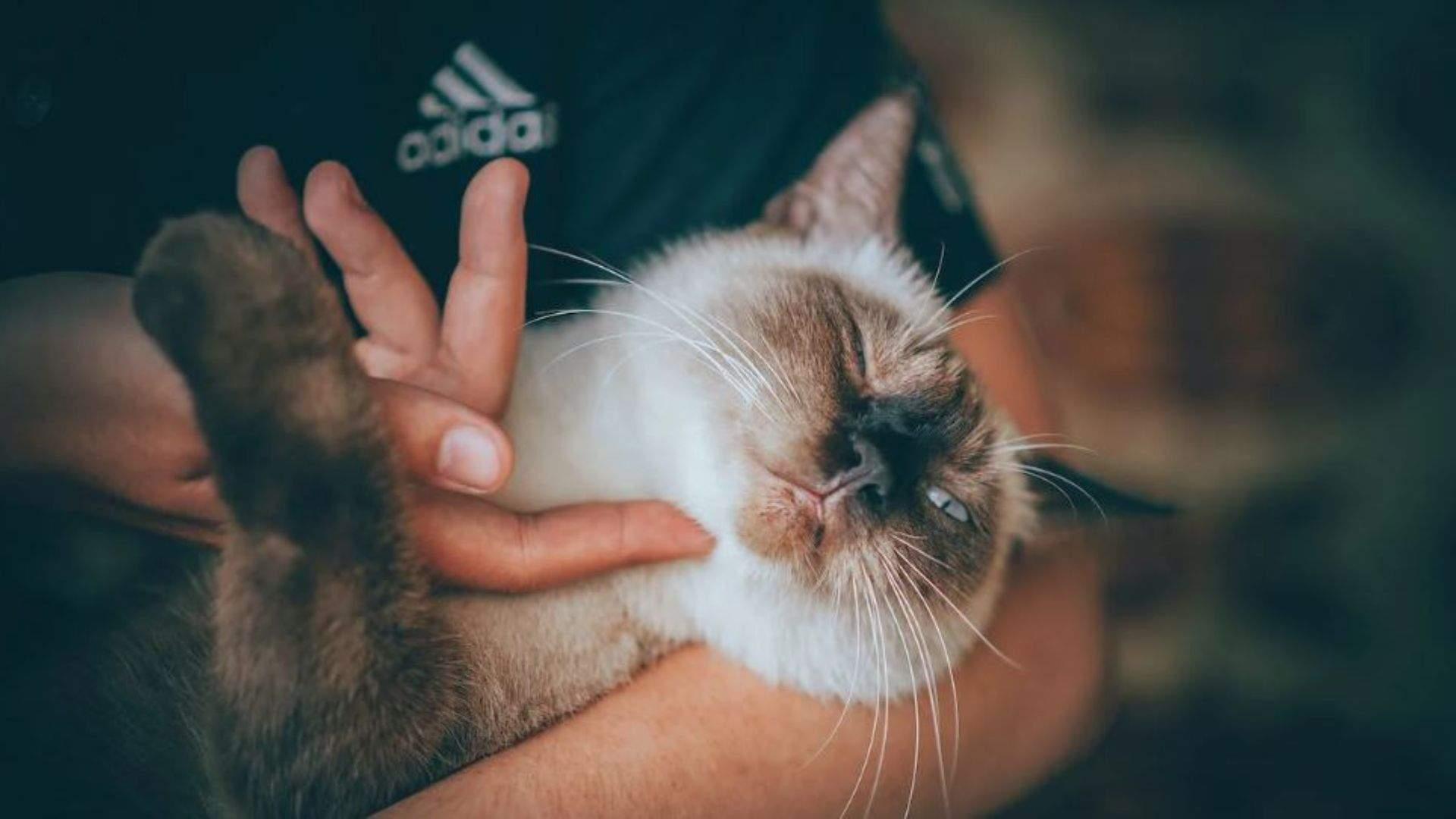
Fungal Infection
Fungal infections are considerably less frequent in feline than virus or bacterial infections, although they are yet possible. Cryptococcus is the most common fungi that trigger fungal infections in cats. A sample of blood can be used to confirm cryptococcus, however, a rhinoscopy or just biopsy might be needed as well to diagnose a fungal infection in a cat. The following are signs of fungal infection in cats:
- Sneezing
- Cysts
- Depression
- Swollen Nose
- Blindness
- Difficulty Breathing
- Cough
- Diarrhea
The infection must be treated using a topical antifungal medicine for some time until the fungal infection is cleared up by tests. A cat bacterial infection is painful; therefore it’s critical to treat it as soon as possible.
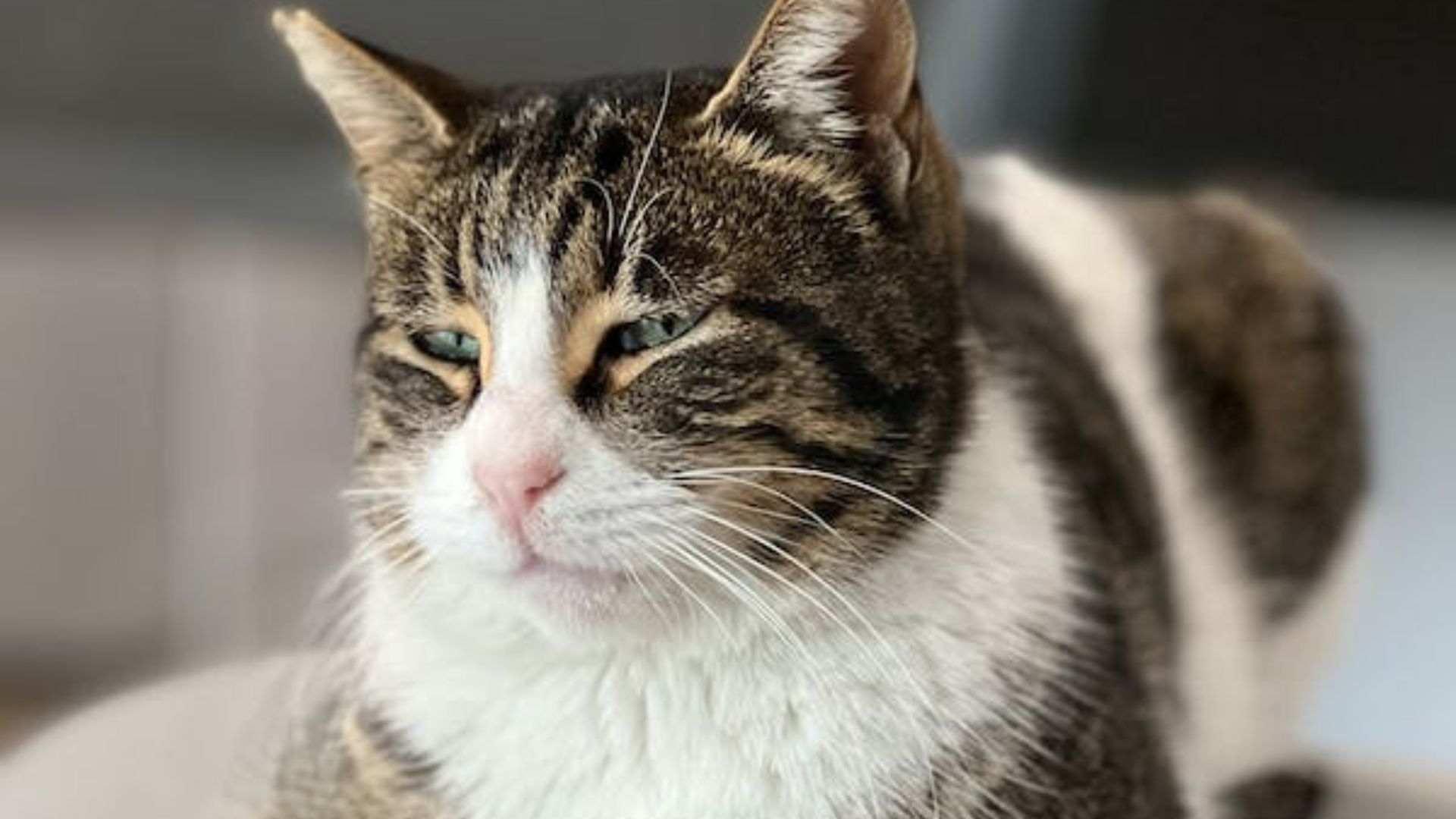
Foreign Bodies and Toxins
Cats are always curious beings, and their noses sometimes go into places they shouldn’t be, leading to unwanted objects or toxins reaching their nasal cavities. Grass, plant-based dust, or even tiny fragments can enter the airways and cause sneezing as the organism attempts to rid itself of the irritant. If your cat’s sneeze persists or is followed by nose discharge or any alarming signs, you need to get your furry buddy examined by an animal doctor to rule out any possibility of an outside object or more problematic underlying medical conditions.
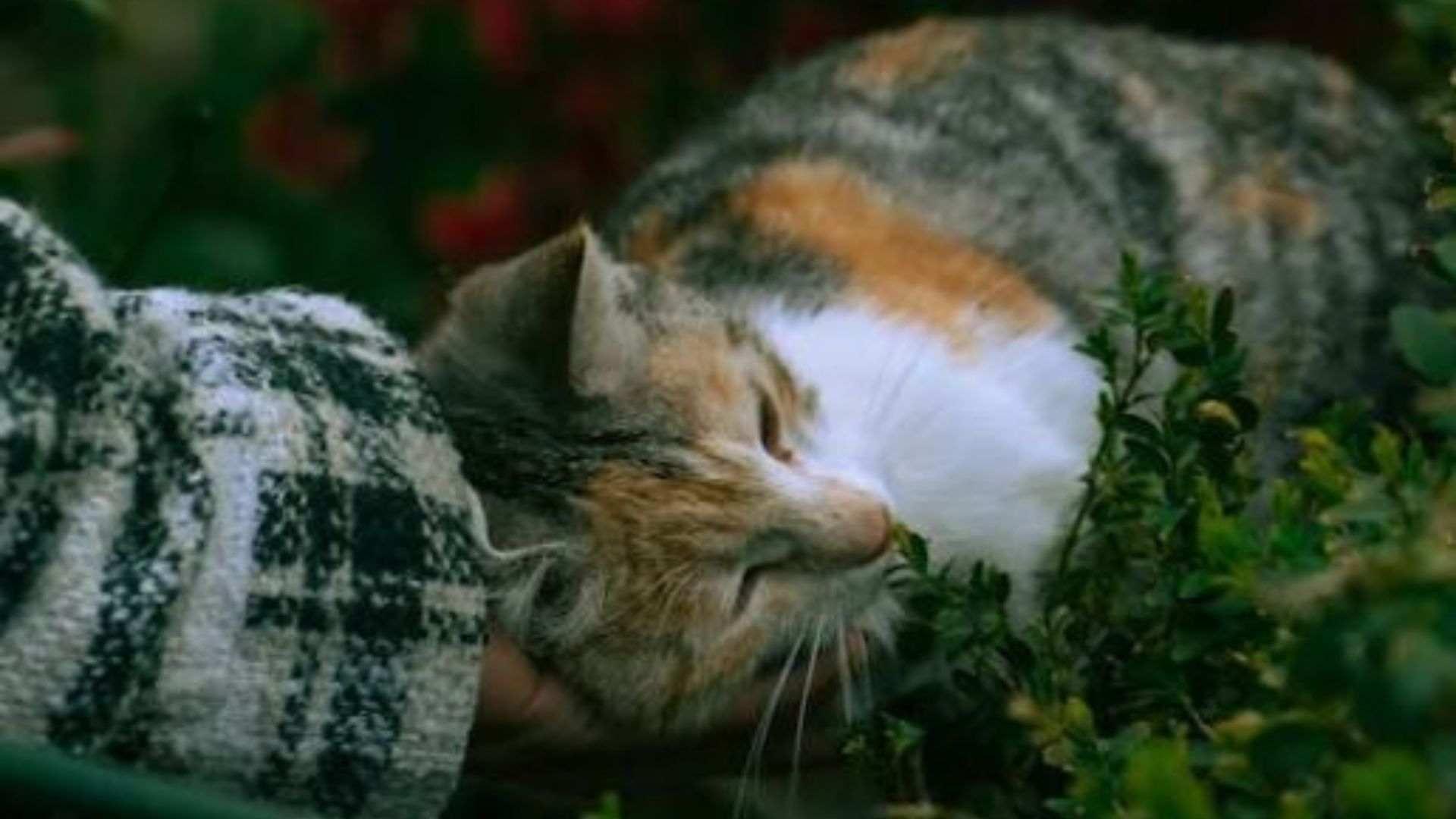
URIs (Upper Respiratory Infections)
Upper respiratory infections, or URIs, are a common cause of why is my cat sneezing. These infections, which can impact the nasal cavity, lungs, and sinuses, usually occur via viruses and germs. Feline herpes virus and calicivirus are common viral infections in cats, but bacteria such as Bordetella bronchiseptica or Chlamydophila felis can trigger URIs.
In addition to sneezing, cats with URIs may exhibit symptoms such as a runny nose, choking, blurred vision, and decreased appetite. Although new research suggests that existing treatments may improve outcomes for cats affected with the herpes virus, currently is no cure and diseases are lifelong. To avoid problems, it is critical to get a veterinarian’s medical attention for precise identification and treatment of URIs.
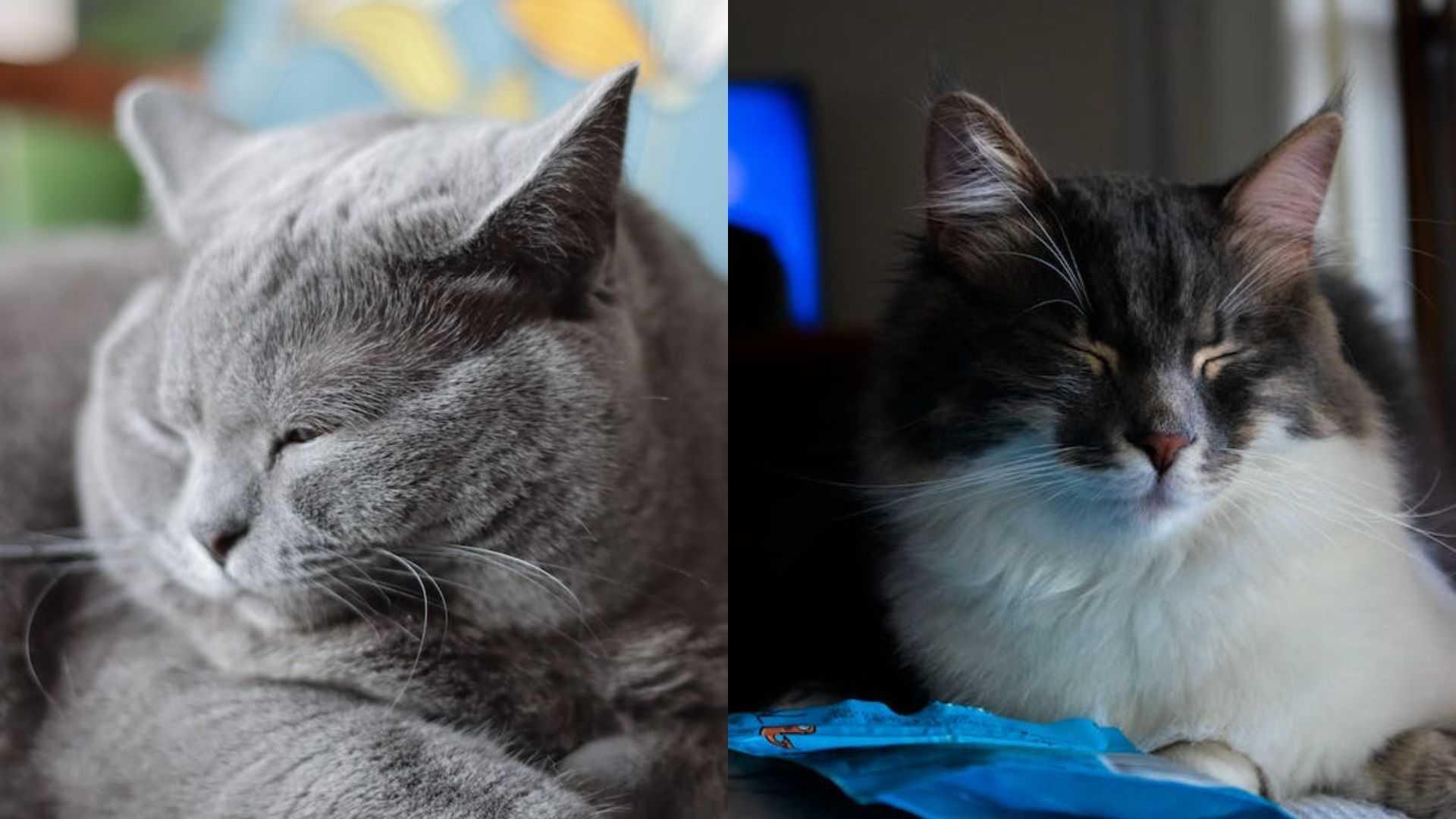
Dental Issues
Dental concerns, believe it or not, can also lead to sneezing in cats. The root tubes of the upper jaw tooth are right adjacent to the nostrils. When teeth get infected, the barrier that separates the tooth hole from the nasal tube might be broken. Serious dental diseases, including periodontitis as well as tooth core abscess, can cause oral irritation and infection. While your cat exhibits the following symptoms, it may be struggling with one of these.
- Swollen gums
- Bleeding in the mouth
- Difficulty eating
- Tender gums
- Pain
- Inflamed gums
- Lack of appetite
Bacteria can spread to other places in the body in case left unchecked. In general, this ailment is painful and deadly. This infection has the potential to travel to the nasal cavities, resulting in sneezing. Regular dental visits and veterinary line-ups can help avoid dental problems, minimize the risk of related consequences, and keep your cat’s general well-being in line.
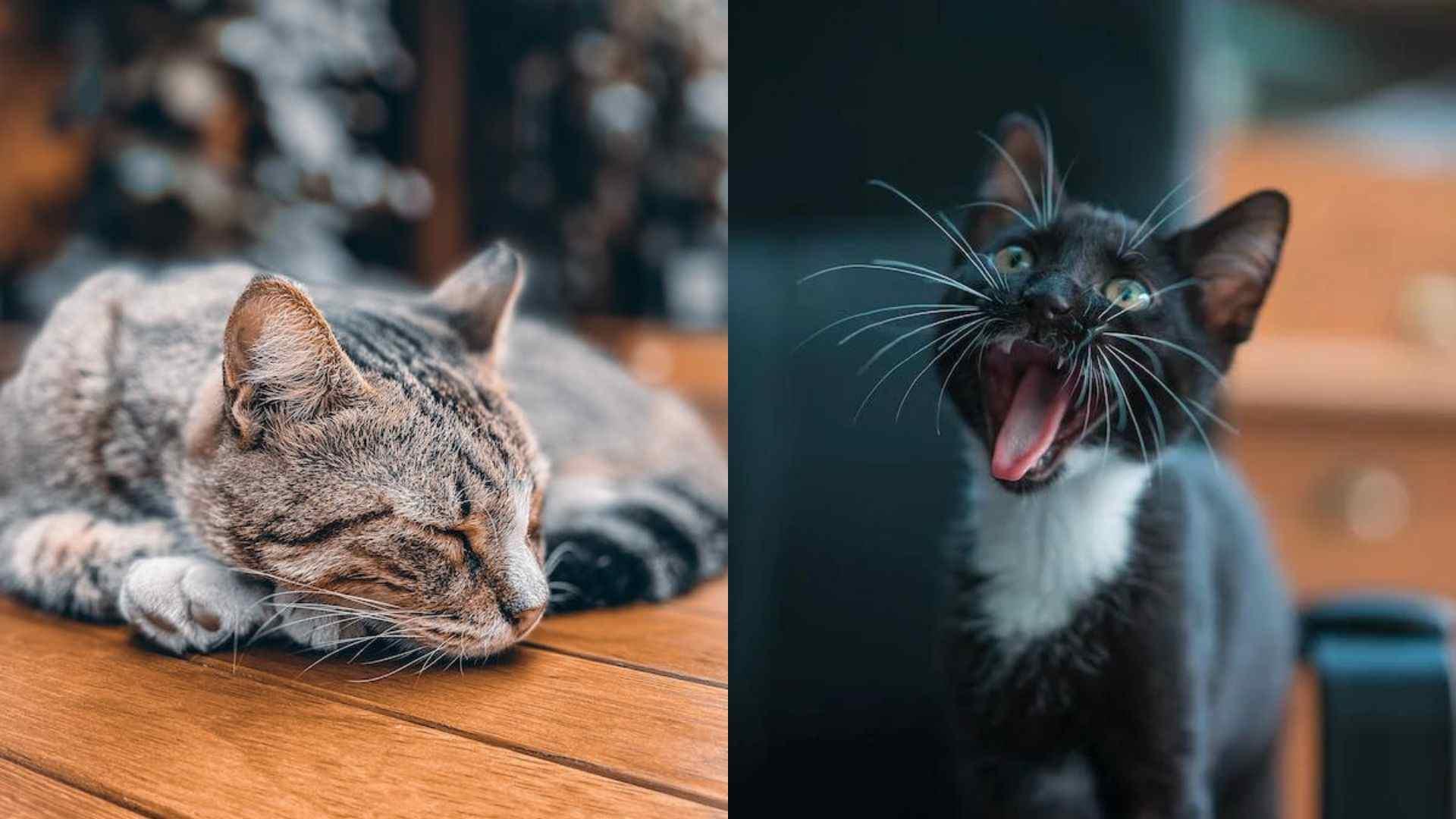
Cancer
Cats with cancer are reported to sneeze in unusual circumstances. This is less prevalent, but here are some more signs to be aware of.
- Unexplained weight loss
- Diarrhea
- Unexplained bleeding
- Lack or loss of appetite
- Lumps
- Wounds don’t heal
- Vomiting
- Lethargy
Cancer in cats is diverse, as there are numerous types and causes. Among the reasons is the Feline Leukaemia Virus (FeLV). Fortunately, the Feline Leukaemia Virus (FeLV) is uncommon.
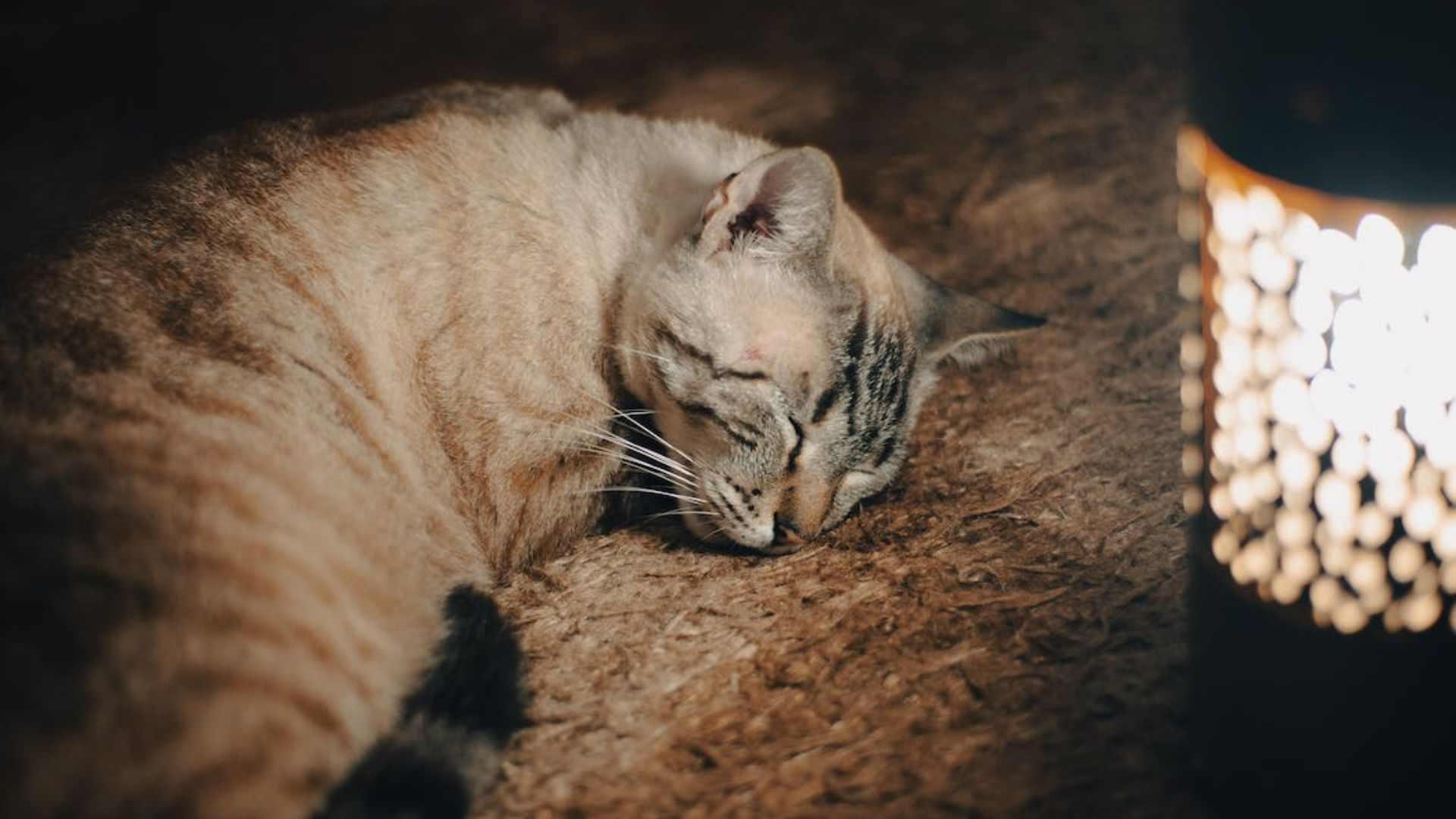
Frequently Asked Questions
Q: When should I worry about my cat sneezing?
If your cat has been sneezing excessively for a while or displays other signs of illness, you must bring her to your vet to be looked at.
Q: What should I do if my cat is sneezing?
Sneezing frequently could indicate another problem, such as an upper respiratory infection as well as a viral infection. They should be taken seriously and handled by an animal doctor that could safely recognize and handle them.
Q: Why is my cat sneezing but seems fine?
Sneezing is a usual sign of upper respiratory disease among cats. It is also known as a normal cold or cat flu and can be viral, bacterial, or even fungal, though this type is less popular.
Q: Why is my cat sneezing so much?
Sneezing, congestion, runny nose, fever, fluid from the eyes, coughing, and even wounds around the eyes and nose or in the mouth are all symptoms of a cold or a viral upper respiratory infection.
Conclusion
While minor sneezing is usually innocuous, excessive or regular sneezing in cats should be examined. There are numerous reasons why my cat is sneezing, which range from natural responses to environmental conditions to fundamental medical conditions. While occasional sneezing could not be the reason for concern, chronic or regular sneezing along with other symptoms might encourage a veterinarian to investigate carefully. Recognizing the various causes and obtaining prompt veterinarian care will help maintain the well-being and wellness of your beloved cat.
It is critical to monitor your cat’s overall behavior, as sneezing simply may not indicate a serious problem. If the sneezing is followed by other symptoms such as runny nose, choking, or tiredness, it is important to seek veterinary treatment as soon as possible. Remember that the vet is the finest source of knowledge and counsel for the well-being of your cat. You may help your cat live a joyful, sneeze-free life while maintaining a loving and strong attachment for years to come by learning possible reasons for sneezing and adopting suitable steps.
Also do visit techbusinesinsider.com

